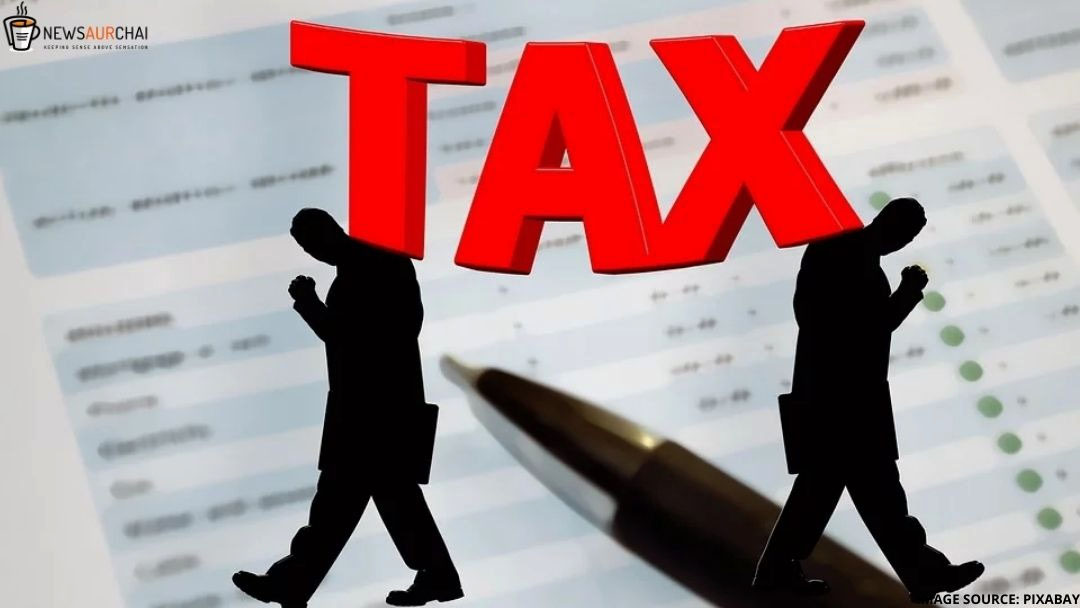
If we speak about Economy then, India’s growth engine was actually sputtering well before the outbreak itself. Once, one of the fastest-growing economies in the world, its growth slowed to 4.7 per cent last year – which is the lowest level in six years.
With growth at a six-year low, Finance Minister’s first budget of decade fell short of widely expected reforms. Currently, many economists and businessmen predict that, the coronavirus outbreak is likely to further cripple the already frail economy, for which government has taken steps in easing various statutory compliances, but further reforms need to be announced. With existing reforms in place; still, questions are being raised, such as:
Why is there no relief to middle-class people who pay taxes?
Post 36 hours of lockdown, when the finance minister announced relief worth Rs 1.7 lakh crore under PM Garib Kalyan Yojana, through direct cash transfers to the poor and migrant workers, the same was appreciated and brought joy to them amid sudden lockdown. However, no relief was announced to those individuals who duly comply with all tax laws.
A major chunk being middle-class salaried individuals and small and medium enterprises. Why didn’t the government announce any such direct cash transfer to these residents amid this pandemic? The middle-class taxpayers are widely questioning this, and some kind of benefit should be provided to them as they have a right to get some sort of return for the taxes they paid.
One of them could be by providing standard deduction on the income of an appropriate amount in the income tax return for the year 2019-20 and 2020-21.
Why condition is placed to small establishments for EPF Contribution benefit?
A part of Rs. 1.7 Lac crore of PM Garib Kalyan Yojana, the centre will cover the EPF Contribution of both employers and employees for the next three months but only to those companies with up to 100 employees where 90 per cent earns less than Rs 15,000/- a month.
In addition to it, employer’s have to pay their wages for the next three months without making the PF Contribution, and show proof for the same. This clause was included to protect employees from job loss. If the aim was to protect the employees from job loss, likewise why no protection for small establishments when their business is lockdown?
Further, Establishment with 90 per cent or more of workers who earn less than Rs 15,000/- are predominantly unskilled and discharge their duties by manual work which requires physical presence in the employer’s premises. So, when the employer’s premises are shut, then how will the employers be able to do business, generate cash flows and fulfil his obligation of making the payment? This is another question which needs to be addressed.
Why no support for MSME’s & Self Employed?
The Micro, Small & Medium Enterprises is India’s growth engine which creates large scale employment, Economic stability in terms of growth and leverage of exports, encourages inclusive growth and plays a key role in the mission of “Make in India”.
The real problem during this lockdown is the cash crunch these MSME’s & Self Employed will be facing. The reason behind it is, their operations are shut, unable to generate a flow of income, but forced to pay salaries, rents, electricity and other fixed expenses during this lockdown. Here, the government should provide some kind of relief to this sector which is badly hit instead of granting subsidised loans which add on to their finance cost.
One of the relief could be, waiver of electricity bills for March & April as it is collected by respective state governments and not private entities.
Why isn’t there any interest waiver?
When RBI held its press announcement over a moratorium on loans, this was lauded by many. However, when the official notification was released, which state, interest will continue to accrue during the moratorium period and will be recovered post moratorium period. However, this is being called as EMI Jumla in social media as there is no relief being provided to common people and businessmen.
With the current pandemic and lockdown, how can RBI collect interest when there are no commercial transactions taking place. However, on the contrary, waiving off interest is not possible because financial institutions have taken deposits from general people and they have to service them along with the salaries, rents and other incidental expenditure.
So if you had a deposit with any bank, would you accept to forgo interest for these three months? No right. Likewise, these interests are the income of the financial institution, and they will not agree to lose their income. Maybe the reserve bank can lower the interest rate between 6-8 per cent during this moratorium period.
While the pandemic is still not under control, and phased economic reliefs being rolled out, one of the best way to manage finances is to spend only on necessities and help those in need. If you are being paid through this crisis either in full or in part, be grateful for it and ensure to pay it forward to those in need.





